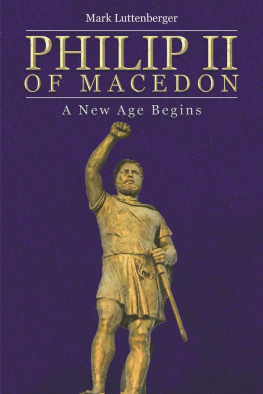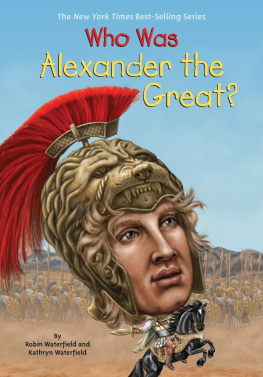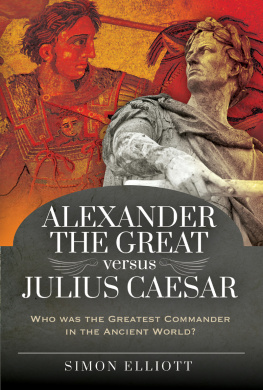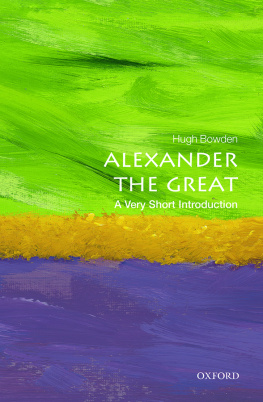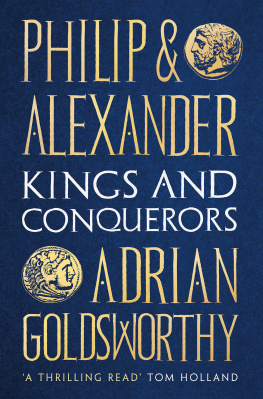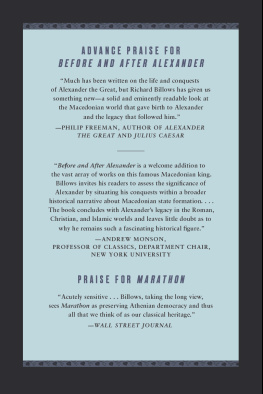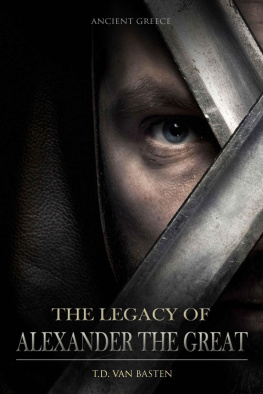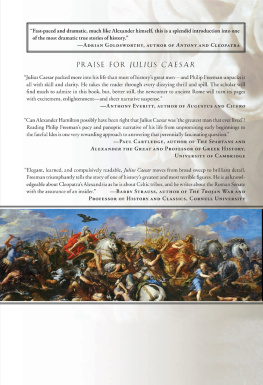THE EMPIRE OF
ALEXANDER THE GREAT
by John Mahaffy
Published 2019 by Blackmore Dennett
All rights reserved. This book or any portion thereof may not be reproduced or used in any manner whatsoever without the express written permission of the publisher except for the use of brief quotations in a book review.
Thank you for your purchase. If you enjoyed this work, please leave us a comment.
1 2 3 4 10 8 7 6 5 00 000
Also available from Blackmore Dennett:

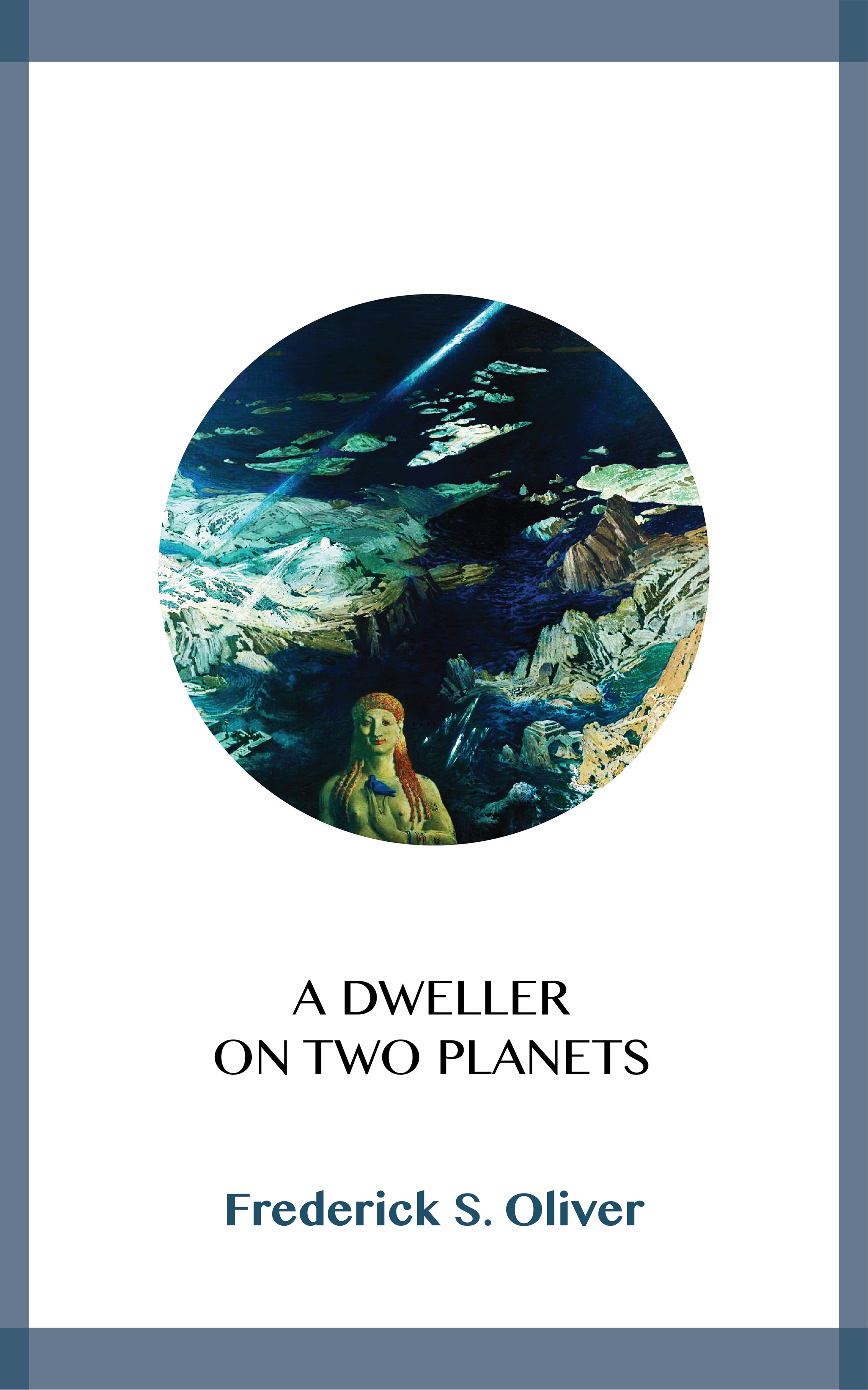
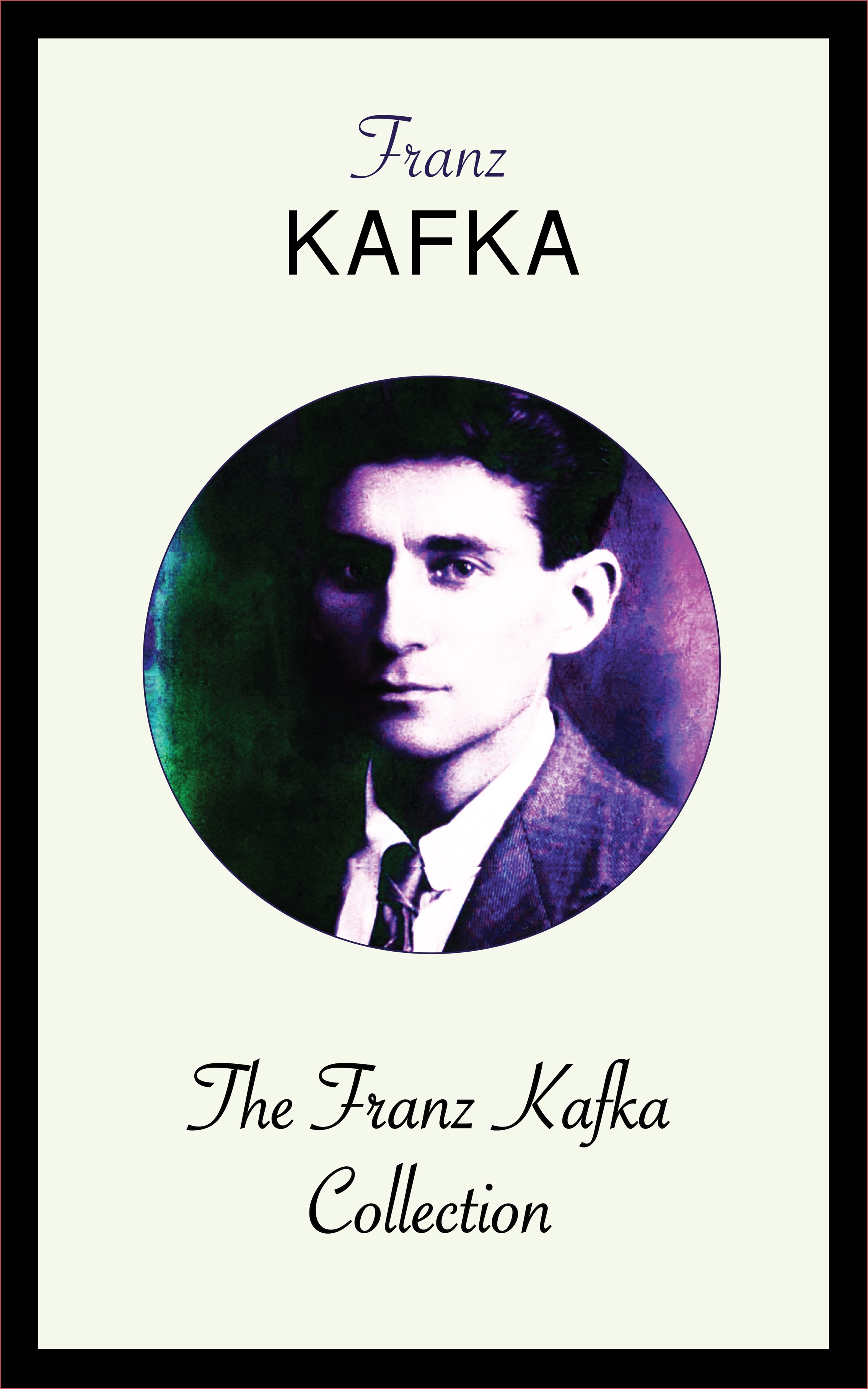
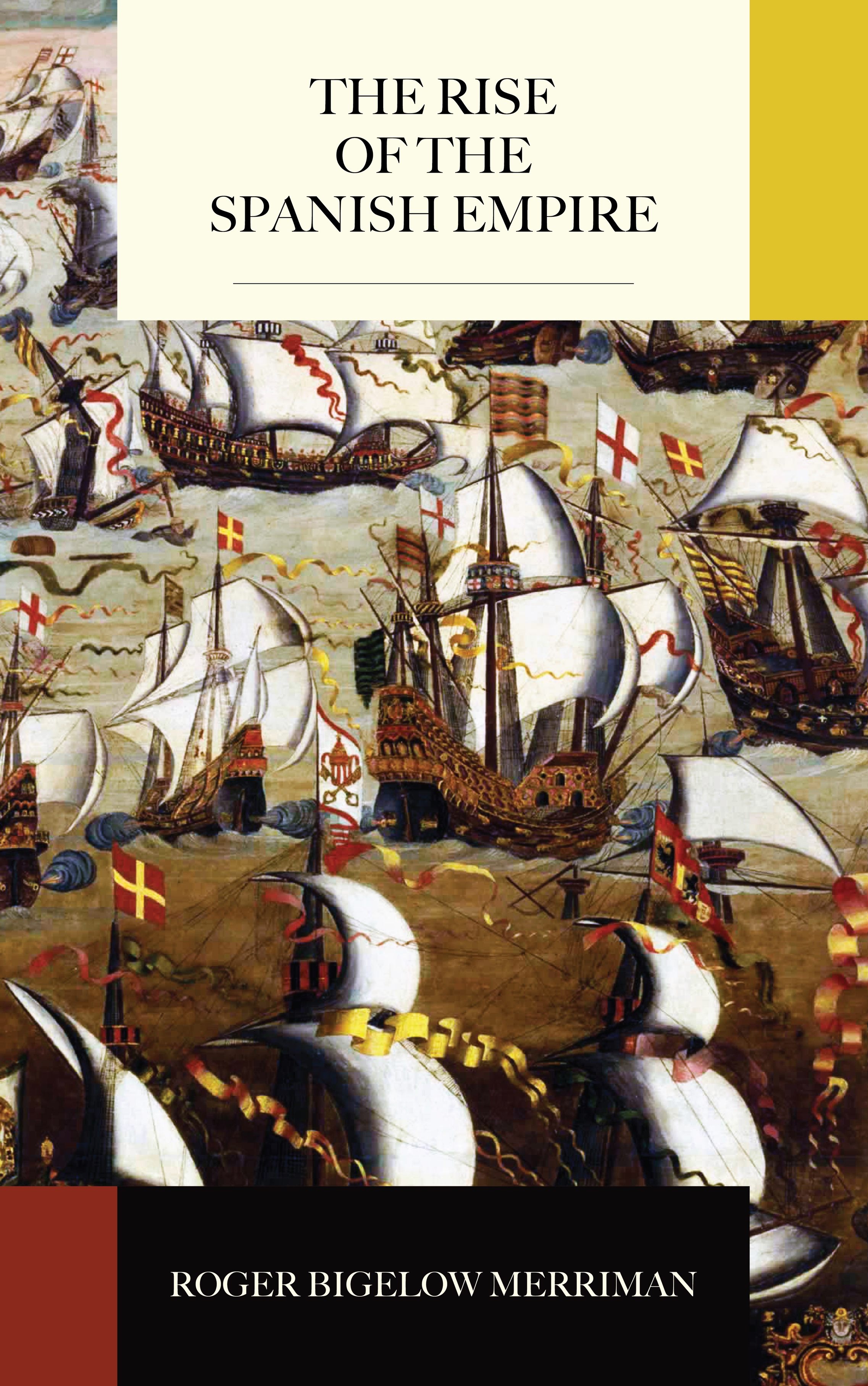
TABLE OF CONTENTS
ALEXANDERS PLACE IN HISTORY
Most of the great changes in the worlds history come about gradually and wise men can see them coming, for it is very hard to run counter to the nature of average men, and all great advances and degradations of society are the result of persistent causes; but a few times, since our records have been kept, there has arisen a single genius, who has done what no number of lesser men could accomplish, who has upset theories as well as dominions, preached a new faith, discovered some new application of Force which has given a fresh start to the world in its weary and perplexed struggle for a higher life. These few great men have so changed the current of affairs that we may safely say they have modified the future of the whole human race. At any rate they have taught us what might and dignity is attainable by man and has so given us ideals by which the commonest of us can estimate his worth and exalt his aspirations. So, too, there have been gigantic criminals and imperial fools who have wrecked the peace of the world and caused the ape and tiger elements, which were repressed by long and anxious struggles, to break out afresh in their savagery.
We desire in this book to tell the story of one of the greatest men that ever lived to tell very briefly of his personal achievements, and to show how long his work, and how far his influence, extended. Most Greek histories stop with the fall of republican liberty under the conquests of Philip of Macedon, the father of our hero; nor is this a bad place to stop in the history of Greece, for with Alexander the stage of Greek influence spreads across the world, and Greece is only a small item in the heritage of the Greeks. All the world, too, made up their minds that the rise of Alexander was a great turning point, when an older volume of history was finished, and a new one begun. Nobody ever thought of going back beyond Alexander and his conquests to make a historic claim, or to demand the restoration of ancient sovranties. His conquests were regarded as perfectly lawful, the world as his natural heritage, his will as a lawful testament. So, then, we may begin with him without much retrospect, and see what he founded and what he did for the advance of the world.
The fragments of his Empire were great Empires in themselves and were the main channels of culture and civilization until the Roman Empire swallowed them up; and so far we will follow them, though even after their absorption they did not cease to affect history, and the capitals of the Alexandrian Empire were long the foremost cities in the Roman world. But this would take a far longer book, and more knowledge than any one man possesses, and must be set down in other books by other men. Even within the limits which are here laid down, thousands of details must be omitted, for the history of Eastern Europe and its wars in the century after Alexander is more complicated than can well be imagined and described. We must try to sever the wheat of important events from the chaff of raids and campaigns, and leave some distinct memories in the readers mind.
YOUTH AND ACCESSION OF ALEXANDER
Nothing is obscure as the law if there be a law by which genius is produced. Most of the men who have moved the world in science and letters have sprung from obscure parents, have had obscure brothers and sisters, and have produced obscure children. It was not so with Alexander. His children were not indeed allowed to come to maturity but we have no evidence to show that they resembled or approached him in genius. His parents, on the other hand, were people of great mark.
His father, Philip of Macedon, was the ablest monarch of his day and had by war and policy raised a small and distracted kingdom into the leading power in Eastern Europe, in fact, into the imperial chiefdom of the Greeks, though his people were only on the boundaries of Hellenedom. His long diplomatic and military struggles against the Greeks are fully recounted in all the histories of the life and time of Demosthenes, and we need not repeat them here. His successful efforts to educate his nobility have been compared to those of Peter the Great to civilize the Russian grandees of his day. There is no man in our, century to compare with him but Victor Emanuel, who started as King of Sardinia, and ended as King of United Italy, utilizing politicians like Cavour, incendiaries like Mazzini, and enthusiasts like Garibaldi, for his steady and long-determined policy. In his private life, too, Philip was not unlike the gallant and gallant king.
He had married in early life a handsome Epirot princess, whose family then represented a kingdom not inferior to his own. This princess, Olympias, is not known to us during Philips young and happy days, when she was watching the growth of her only child, a boy of splendid beauty and from the first of extraordinary promise. But as he grew up, educated in all that a king should know, not only of sport and pastime, of war, but also of science and letters under no less a teacher than Aristotle, her jealousy for his rights was intensified by jealousy for her own. The kings advancing years and enlarged responsibilities had not stayed his vagaries; the house of Macedon had always been by custom polygamous; successions to the throne were generally introduced by domestic tragedies, fratricides, exiles; and Philips reign, from its beginning to its close, made no exception. Hence, at the birth of a new son, by another princess, and the declared claims of the infants relations on the ground of old quarrels and suspicions concerning Olympias, the estrangement between Philip and his eldest son became almost complete; Olympias and Alexander even retired from court to the queens ancestral dominions; the young prince had a narrow escape of his life, and so bitter was the feeling that, when Philip was suddenly assassinated (B.C. 336}, owing to a private revenge in some far obscurer affair, Olympias and Alexander were openly charged with having suborned the murderer.
All that we know of Alexander, especially in his youth, belies such a suspicion. His famous utterance when they proposed to him a night attack on Darius at ArbelaI steal no victory was the motto of his life. Olympias, a woman of furious temper, unbridled ambition, and absolute devotion to her son, is perhaps more justly suspected but as her crime would be far less heinous, so her innocence or guilt is of little moment in history; but that the greatest career in the world should have started with a parricide, would be indeed a horrible fact.
The other claimants however did not stand against him for an instant; he abolished them without ceremony or mercy, and assumed the purple at the age of twenty, to control a kingdom made up of loyal and warlike Macedonians, disloyal and treacherous Greeks, rebellious and turbulent Illyrians and Paeoniansin fact, of nothing but disorder and fermentation, if we except the companions of his youth and the soldiery who knew and loved him. He had, moreover, a very well trained army under experienced generals, three of whom, Antipater, Parmenio, and Antigonus must have been steady and able counselors. It was the old habit of the kings to have the sons of nobles brought up as peers with the royal princesa habit which Philip had largely extended, and these were first pages at court, then companions of the boy, then household officers about him. At the retired and quiet Mieza (the situation of which cannot now be determined), where the royal prince was trained by Aristotle, he became the intimate of Ptolemy, Seleucus, Lysimachus, and the other famous generals who afterwards formed his brilliant staff. Some of these had even incurred his fathers displeasure in the late quarrel, and had left the court with him in disgrace.
Next page

